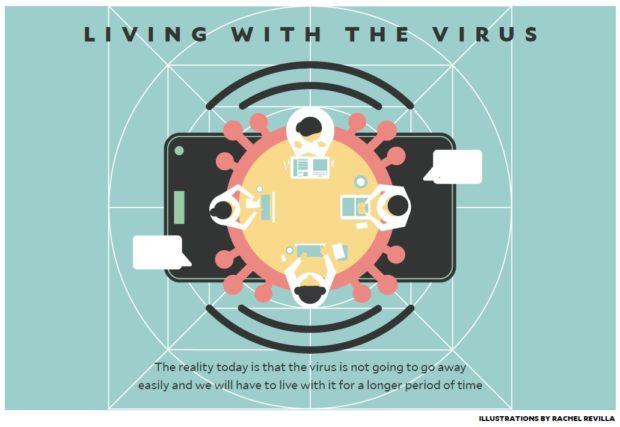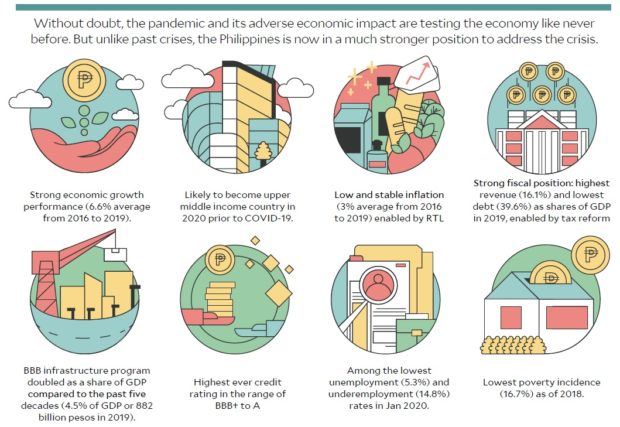Chua: The economy needs the young up and about

The country’s chief economist, Acting Socioeconomic Planning Secretary Karl Kendrick Chua, has been pushing to further ease quarantine restrictions—now running for over 10 months—so that the mainly consumption-driven economy can return to normal and churn out jobs for those who lost theirs.
In a forum organized by the Junior Financial Executives Institute of the Philippines in January, Chua told student leaders that the only way to rebound from last year’s slump would be by managing—not avoiding—risks despite the deadly coronavirus still lurking around.
Chua, who heads the state planning agency National Economic and Development Authority (Neda), noted the economy was in the pink of health prepandemic: there was robust gross domestic product (GDP) growth, the government had gains in reducing poverty, and the country’s fiscal state and infrastructure development were moving.
Foregone earnings
Finding it difficult to contain the pandemic, the economy fell to its worst postwar recession in 2020. The 9.5-percent drop was the biggest since the government started recording yearly output in 1946.
Citing Neda estimates, Chua said stricter lockdowns such as the modified enhanced community quarantine cost workers P2.1 billion in wages per day, while a less stringent general community quarantine still inflicted P700 million in foregone earnings a day.
Restrictions also halted for some public transportation. The number of commuters at transport stations were still down by about half compared to prepandemic levels, Chua said.
About 30 percent of employed Filipinos have yet to report to their offices, with some preferring to work in the confines of their homes to avoid possible virus exposure, according to Chua.
But for Chua, “the reality today is that the virus is not going to go away easily and we will have to live with it for a longer period of time.”
“The economy is strong enough to recover, [but] quarantine restriction prevents the economy from fully recovering,” Chua said.
“Higher quarantine will be expensive for the government [in terms of subsidies] and the people [in terms of meeting their daily needs and other health problems]. But a lower quarantine level does not really open up the economy. To open more of the economy, public transport needs to be sufficient yet safe, and demand needs to increase by allowing family activities,” he added.
Alongside the government’s push for pending bills in Congress aimed at economic recovery plus massive infrastructure spending under the record P4.5-trillion 2021 national budget, Chua said further improvements in employment, the economy, and Filipinos’ well-being as a whole would depend on sustaining the gradual reopening of economic activities.
